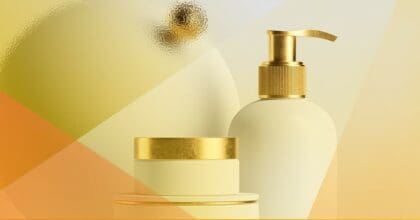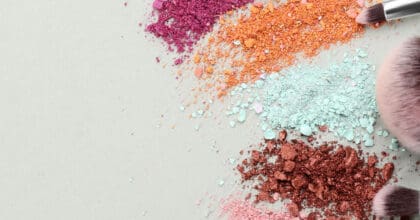-
Articles + –
3 ways brands can connect with men on wellness
Marketing to men has long been based on traditional stereotypes – defining the male figure as the family breadwinner; a strong, silent decision-maker, physically superior to the female counterpart and often emotionless. This typecasting has supported rigid expectations on how men are supposed to handle their mental, emotional and physical health. However, as society more openly addresses gender bias, men are given the opportunity to challenge archaic interpretations of masculinity.
In honor of men’s health month, here are some examples of how the shifting definition of masculinity is prompting men to pay attention to their health and wellness:
Challenge “shameful” health stigmas
Traditional gender roles – often perpetuated by the media, ad campaigns and entertainment industry – illustrate men as unable to discuss or process emotions. Defining masculinity as mental toughness has created an environment where men’s emotional wellbeing silently suffers. According to Mintel research on health management trends, 18-34 males were more likely to experience stress, anxiety and depression in the last year compared to females. This suggests that young men who are frequently influenced by the connected world combat gender-enforced stigmas around mental wellness. Additionally, the rise in suicide rates observed over the last ten years has raised concerns about men’s mental health. As of 2017, suicide was reported as the 10th leading cause of death in the US; and men died by suicide 3.54x more often than women (Centers for Disease Control and Prevention Data & Statistics Fatal Injury Report for 2017).
The relationship between men and mental health has generated greater attention in recent years following several celebrities & male role models opening up about their struggles, including Prince Harry, Michael Phelps and Dwayne “The Rock” Johnson. Popular TV shows or documentaries are also using the topic of suicide, such as A Million Little Things and Avicii: True Stories.
Raise awareness around men’s health and wellness
Progressive brands have started to tackle taboo subjects in men’s health through sensitive and supportive dialogue – allowing male consumers to feel heard and understood.
- Direct-to-consumer brands Roman and Hims are helping men voice their health concerns and feel more confident discussing personal wellness: Both brands are built on the philosophy that men do not feel comfortable talking to their doctor about common bodily issues. Aiming to provide accessibility to medical advice and medication, Roman and Hims offer prescription treatments for erectile dysfunction, hair loss, premature ejaculation, genital herpes and more. Different from traditional treatments, the companies use thoughtful and understanding language to help men feel supported in caring for and talking about their sexual health.
- Goop debuts male-targeted podcast and online vertical: Wellness company Goop has expanded its offerings to include the male audience. According to Goop’s head of content, the site and podcast will focus on a variety of topics affecting men’s health and wellness, including mental health, self-care, progressive masculinity, relationships, health and food. The male-focused initiative was introduced to help men feel connected with the booming world of wellness – a market highly targeted to women.
Prioritize preventative habits
As males find their voice in discussing health-related topics, companies and brands must focus on shifting behavior. Males aged 18-34 are less likely to take preventative, personalized approaches when managing health, such as talking to a healthcare professional or taking a health assessment. While young consumers are generally less concerned about preventative health, shaping proactive health management begins at an early age.
Currently, men are expected to live five years less than women (76.1 years vs 81.1 years) respectively according to National Center for Health Statistics. Key players in men’s health must educate the male demographic on prevention practices in order to incite change. As men are encouraged to discuss their mental, emotional and physical health, brands should also emphasize simple, but proactive health habits.
What we think
The definition of masculinity is changing. Men are no longer expected to hide their feelings, but rather encouraged to discuss topics such as mental wellbeing and sexual health. Brands within men’s health must offer encouragement and education, supporting an open relationship between males and their personal health and wellness.

Andrea Wroble is a Health & Wellness Analyst at Mintel. Andrea focuses on writing reports and providing consumer-driven insights for health and wellness categories.
-
Marketing to Men in the UKExplore where the opportunities are, where the risks are and what lies ahead for this market...Find out about this market
-
Mintel LeapMintel Leap is a revolutionary new AI-powered platform that will transform your research process....Book a demo






































